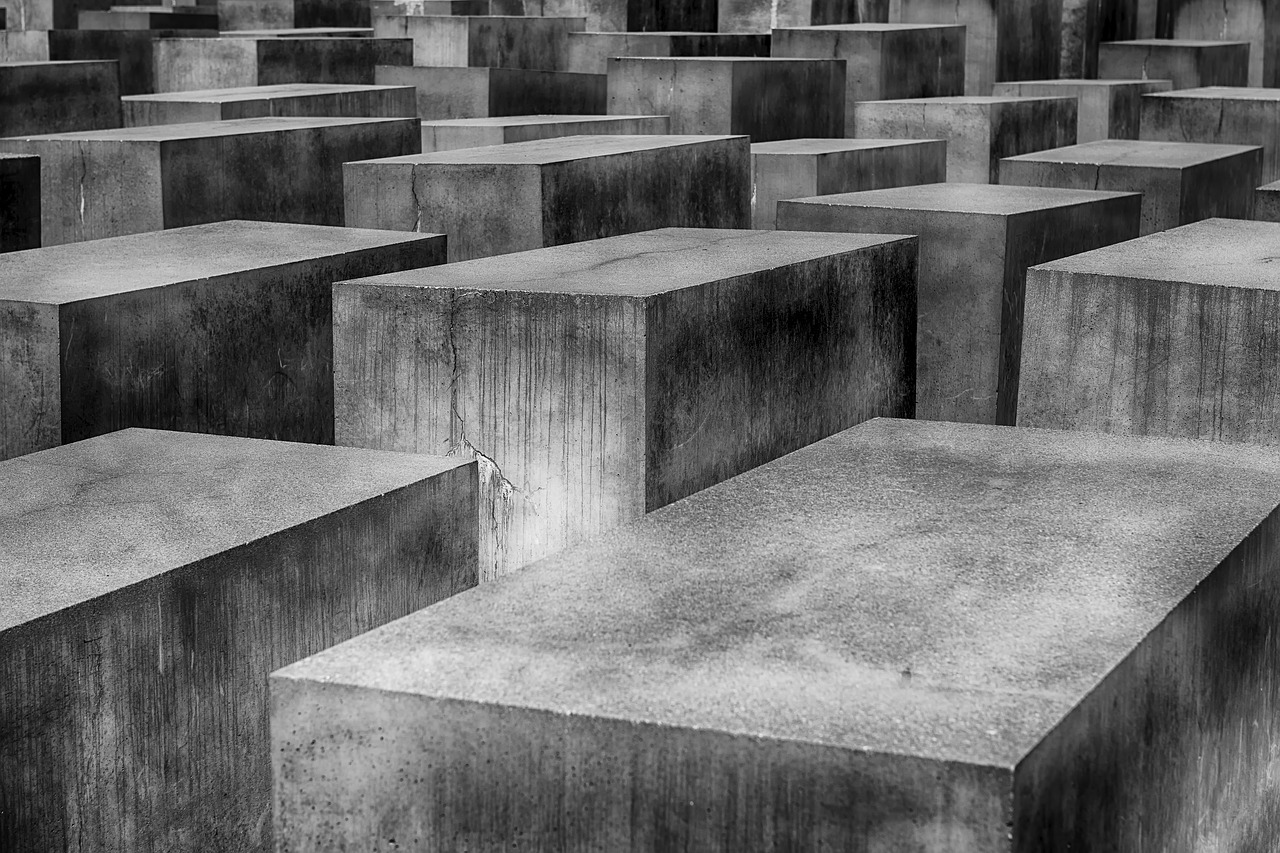Jewish Holocaust Remembrance Day
The Jewish Holocaust Remembrance Day, sometimes referred to as Yom HaShoah, is on the 12th of April this year in the Jewish Calendar. The Jewish community in Israel and abroad commemorate the day in many ways; in Israel, places of entertainment are closed on the day of Yom HaShoah, flags are set at half-mast, political and religious leaders give speeches and the national TV channels play Holocaust documentaries, whilst abroad the communities host memorials and services in local synagogues. Though the atrocities of the Holocaust are more-than worth revisiting, they are already well-documented; so, we thought we’d take a different approach and remind ourselves of the heroes in the Holocaust.

Bielski Brothers
Tuvia, Zus, Aron and Asael Bielski were Polish millers and grocers in the Belarusian village of Stankiewicze. Eventually the area came under Nazi control, and the brothers fled with a small group to the nearby Nakiboli Forest; the eldest brother Tuvia had experience in War – he had risen to the rank of Corporal in the Polish army and therefore knew a few things about organisation and leadership; under him and his brother’s leadership the numbers in the Nakiboli Forest grew from 40 to a peak of 1,236, and became known as the Bielski Partisans. Though the group comprised of mainly women, children and the elderly, there was a group of around 150 fighters that would organise resistance and disruption missions against the Nazi’s. Painfully, Aseal Bielski was conscripted into the Soviet Army and fell in one of the final operations of the War, but the rest of the brothers survived. The brothers story has been made famous by the book Defiance and its film adaption starring Daniel Craig.
Aristides de Sousa Mendes
De Sousa Mendes was a Portuguese consul-general in Bordeaux, France during World War II, and defied the orders of the Portuguese Dictator António de Oliveira Salazar by giving visas and passports to a huge amount of war refugees, including many Jews. Unfortunately, the number is unlikely to ever be discovered but many historians believe it to be in the tens of thousands, which would make it the largest rescue action by a single individual in the War. Though de Sousa Mendes had no Jewish beliefs, he was a devout Christian and held the Bible’s words “love thy neighbour” in the highest regard and worked tirelessly to sign the papers. After a period of obscurity and indeed disgrace due to the Portuguese dictatorship’s punishment, de Sousa Mendes was eventually recognised by his country and Israel recognized him as Righteous Among the Nations.
Maximilian Kolbe
Kolbe had made something of a name for himself prior to the War, having set up a Catholic missionary group that spread the faith around the world, as well as a magazine, monastery and radio station. But he raised himself to another level when the Nazis arrived. He hid two thousand Jews at his monastery until he was eventually arrested and sent to Auschwitz. Upon a prisoner escaping the camp, Nazi officers gathered up men to die for the escapee’s actions; when a prisoner tried to resist claiming he had a family, Kolbe volunteered in his place. The men were sentenced to starve to death and the priest led them in song and prayer until after two weeks he was the last man alive. A Nazi prison officer then injected him with carbolic acid to end the process; Pope John Paul II canonised Kolbe and named him the “Patron Saint of Our Difficult Century”.
